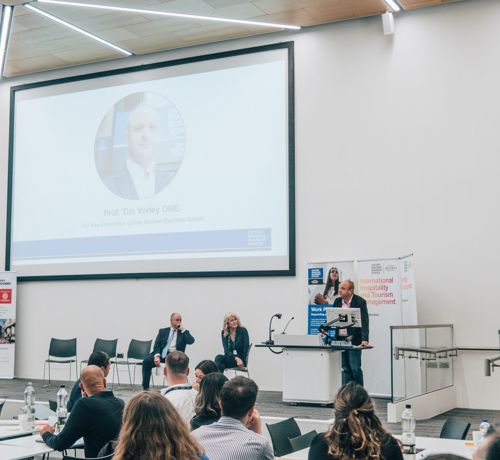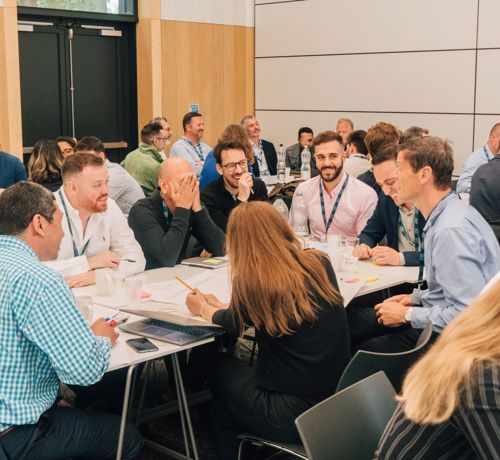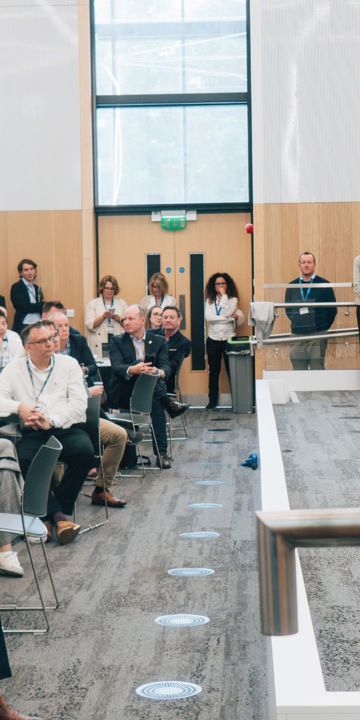The inaugural Hospitality Sector Council Innovation Accelerator saw over 100 participants attend including hospitality operators, from large multi-site companies to pioneering independents, sector focused technology providers, government representatives, academics and trade bodies.
The accelerator addressed the need for innovative solutions to workflow productivity challenges facing the hospitality industry, focusing on three key themes:
- Consistency of Service
- Administrative Challenges
- Efficiency vs Quality

What we learned: the common barriers to productivity in hospitality
Sessions held on the day concentrated on generating practicable solutions, identifying barriers to adoption and visualising an innovation centred sector of the future.
The following were identified as common barriers:
1. Inter-operability, data portability and open API integration: An area of significant frustration across all discussion groups was the lack of interoperability between systems used in bars and restaurants. A key barrier to adoption of further innovation is a myriad of poorly connected existing solutions. Future tech solutions need to allow for easier and cheaper connectivity.
2. Tech Adoption/Skills: Confidence and time to properly train staff to use digital are significant barriers to the adoption of digital solutions to workplace productivity issues in hospitality, particularly for smaller operators. Identifying how to build tech skills and confidence into existing hospitality skills programmes is vital to overcoming resistance to the use of more productive digital solutions. This applies to administrative tasks (e.g. automated financial reporting) as well as in restaurant tasks.
3. Mark of Quality Assurance for technology innovations: Smaller operators lack the time to evaluate the range of technology options available to them. Some form of accreditation or recommendation from an independent body (similar to which.co.uk) would help businesses identify the best solutions. The types of technology for this includes: dashboard/aggregator/single screen to integrate key systems (POS, HR, scheduling, multichannel sales), customer face/voice recognition to aid personalisation of experience, dynamic pricing, labour scheduling and HR tools, automated financial reporting, integrated digital workflow tools (e.g. headsets, handheld prompts), AI-powered real time customer sentiment analysis, etc.
4. Guest Insight data sharing: Some operators discussed the availability for common data that could be open to all – such as geotracking cell phone movements or sharing of purchasing power such as a Nectar card.
5. Regional Action Groups: Many operators agreed that the ability to work together regionally to provide purchase and negotiating power with local councils and planners, and with utilities companies and maybe also joint purchasing or services. These groups could act as a neutral party to facilitate knowledge sharing and help to signpost hospitality businesses to tech solutions and government support.

Presentations from innovation providers
On the day, we also had presentations from a range of innovation providers who discussed their products and services that were aimed at improving workflow productivity for hospitality operators.
You can view their presentations through the links below:

